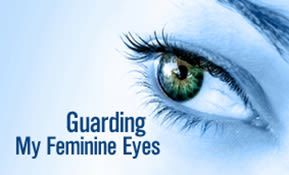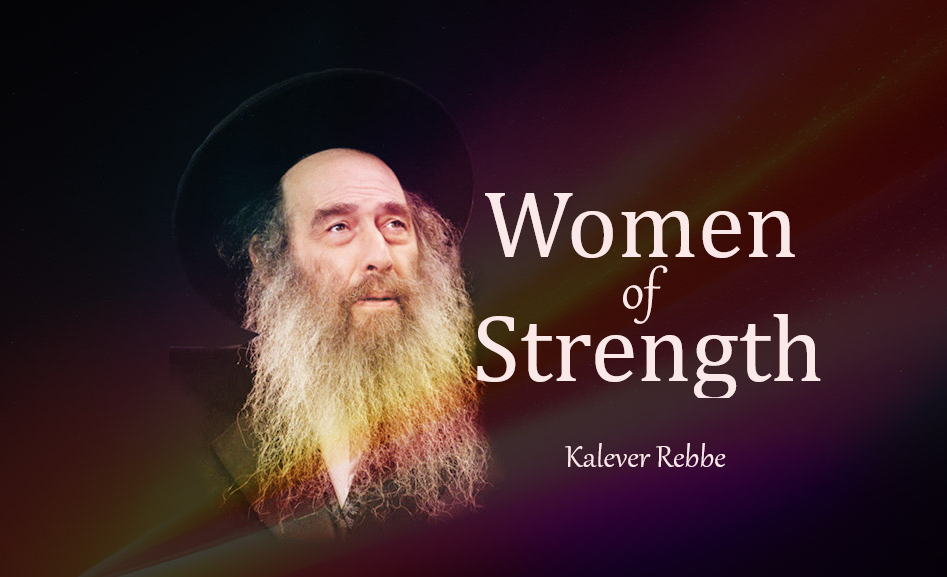
Klipot: Peeling The Peel
What are the "klipot" that we always hear people talking about? Are they ever useful? How do they affect our daily lives? Let's get some answers…

Many throw around the term klipot, literally “peels”, like potato peels or orange peels, but few really grasp what the word really connotes. By fully understanding the concept of klipot in Kabbalah, we can make tremendous strides in personal growth.
“Klipot” are spiritual layers that temporarily block Divine light from reaching a person, just as a tangerine peel blocks one from reaching the sweet fruit inside. As such, the term klipot refers to external layers whereas the Hebrew word pri, fruit, refers to the internal essence and sweetness. When speaking about personal and spiritual growth, the klipot are our external dimensions that either surround us or that we surround ourselves with, sometimes consciously and sometimes unconsciously. On the other hand, pri refers to our inner dimension, the genuine essence and sweetness of a person.
Very much a part of our daily lives, the klipot, according to the holy Kabbalist Rabbi Yehuda Leib HaLevi Ashlag osb”m, are the obstacles and blockages that prevent a person from being “real” – him-or-herself – and effectively reaching his or her own internal dimension, causing them to be superficial or to suffice with the superficial.
For the sake of simplicity, let’s refer to the klipot as “peels”, like we do in simple English. In like manner, to avoid confusion, let’s refer to the pri as the fruit; in reference to us, the “fruit” is a metaphor for the soul.
People ask, “What’s wrong with the peel?” Great question: the peel protects the fruit in all types of positive ways. Without the peel, the fruit would be ruined…
True and correct! But remember one thing – the peel is necessary as long as the fruit is not yet ripe. Similarly, peels are OK for a person, as long as that person is not ready to accept and contain the truth. If he or she is not ready for the truth, then the Divine light that constitutes the truth will cause them damage if they don’t have a protective peel, just like 200 watts of electricity will burst a 40-watt light  bulb. Therefore, a person must be a worthy vessel for a given measure of Divine light that he or she is exposed to; if not, they need the protection of a peel.
bulb. Therefore, a person must be a worthy vessel for a given measure of Divine light that he or she is exposed to; if not, they need the protection of a peel.
But remember, in spirituality, the peel is not truth – indeed, it hides the truth, just like the previous example of the light bulb, where we’d need a shade (peel) to dull a light that’s too bright (truth); otherwise, it would damage the eyes that gazed at it.
Hashem’s Holy Name is truth, for His light is truth. The truth is capable of burning a person if he or she is not ready for it, just like Joseph’s revelation to his brothers almost caused them heart seizures.
Since light is truth, lies create peels that hide the truth. When a person lies, he must sustain the peels he creates instead of feeding more light to his soul that he could have done if he had acted, thought and/or spoken in truth.
Here’s an example: Marriage is an extremely bright light that connects two halves of a soul – the male half and the female half – into one holy entity. Happily married couples who live in holiness and maintain personal holiness emanate a huge measure of Divine light that manifests itself in an inexplicably peaceful home, where guests enter and say, “I don’t know why, but it feels so peaceful here – so calm and tranquil.” The Divine light in that home is soothing to an upright guest. But, if the guest lacks an adequate vessel for that amount of Divine light, he or she will be anxious and on edge. The shady guest will either have to flee or develop a quick peel to diminish the bright light and protect himself by doing something improper, being gruff, impolite or outright intolerable.
Let’s take another example: A woman’s beauty is a very bright light that must be preserved in holiness. Her husband – the other half of her soul – is a worthy partner to share her light. Strangers are not. That’s why she must moderate her appearance in front of others. When she does, her “peel” – the modest clothes and hair covering – protect her from outside intruders who would want to steal her, in whole or in part, from her husband. But, when her “peel” becomes immodest, such as a head covering and clothes that make her even more enticing to other men, then the peel is detrimental, for it is a lie that will only block Divine light from reaching this woman.
The same goes for men and men’s clothes. They too must be modest.
The workout in the gym is another example, applicable to both men and women. When a person’s goal is functional fitness so that he or she can serve Hashem better, then the strong body, the “peel”, is a wonderfully useful housing that serves and protects the soul, the “fruit”. But, when a man’s consideration in working out is developing 21″ biceps and a woman’s consideration is developing a more enticing body for all to see, then their body, the peel, will obstruct Divine light from reaching their soul, the fruit.
To get close to Hashem, we must shed our peels. We do that by learning emuna and clinging to truth, for as Rebbe Nachman teaches us, emuna is truth.








12/08/2024
Thank you for this explanation. I’ve only been studying a year (Chozer b’tshuvah) and this is very helpful.
8/03/2020
I would also like to add that the concept of covering hair only in a place of worship actually has its source in Christian practice.
Finally, is Hashem's presence really only in shul? Or when lighting candles?! Absolutely not!
In fact, this is the basis of why Rabbi Arush pushes women to cover their hair every single second, including sleep, and to change behind the shower curtain so her hair is never revealed in her house! G-d's presence is EVERYWHERE and G-d keeps the Torah which says that a man cannot look at a woman who is not properly dressed, including a hair covering that covers all of her hair. Therefore, if a woman is not covering her hair properly at any moment, for that time, Hashem is not looking at her! That means that He is not personally overseeing her affairs or listening to her prayers!
Since we definitely don’t want such a situation, R’ Arush insists that women should cover their hair fully at every moment possible at home, and all the more so, outside of the house.
7/31/2020
Great question – what is the basis for these halachot?
It is explained in tractate Ketuboth 72a that Daat Moshe prohibits a married woman from appearing in public with her hair uncovered. This prohibition is inferred from the discussion of the laws of the sotah in Bamidbar 5:11-31. One of the humiliations that the woman undergoes is that her hair is uncovered. Chazal infer from this that Jewish women cover their hair in public.
Daat Yehudit, the protective “fence” around Daat Moshe, mandates that she also covers her hair in semi-public places (alleyways, courtyards, etc) even if no men are present.
Women of later generations have taken it upon themselves to cover their hair even in private – this is according to Biur Halakah 75. “Since our ancestors, in all localities have adopted this practice, it has taken on the full status of Jewish Law and is obligatory…” – this is from Teshuvoth Chatham Sofer, Orach Chayim No 36.
To read the Kabbalistic basis for these halachot, see Rav Pinchus Winston's article Nasso: Why Cover Your Hair.
Unfortunately, in our days due to our many sins, many such confusions have arisen over various “opinions” of Jewish law or “heterim” (leniencies) or even “minhagim” (customs) that simply have no basis in Torah, yet many people have been erroneously told that such opinions are valid. Indeed, it is these false opinions that are twisting the Torah!
Rebbe Nachman says that one must pray a lot that G-d should teach him the truth, and to come close to a righteous leader who will teach him and lead him along the proper path to G-d. If you want to truly serve Hashem properly and be willing to change according to the truth He teaches you, G-d will surely enable you to learn the truth!